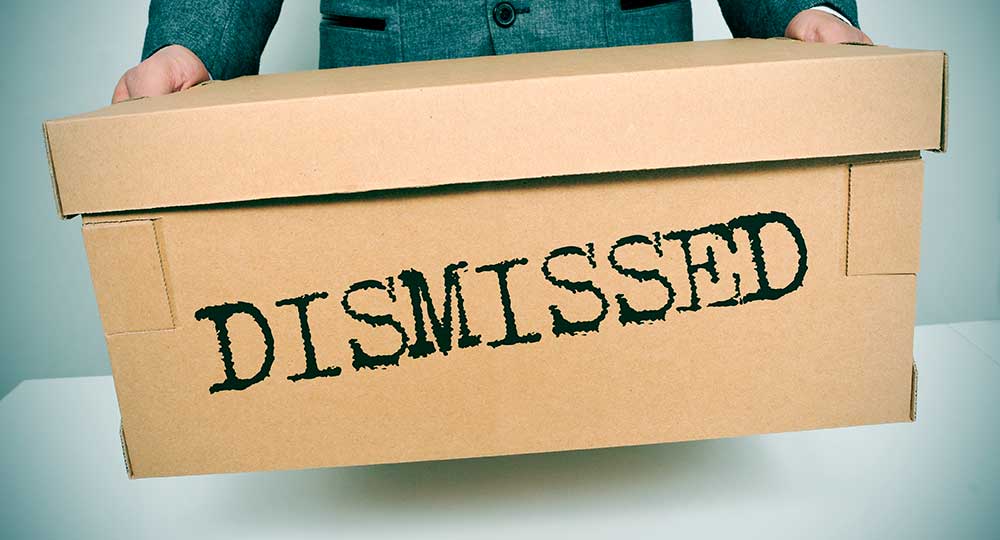Discharge from Bankruptcy
A person who is declared bankrupt may end his bankruptcy either by way of discharge or annulment. An annulment refers to the termination of a Bankruptcy Order against a bankrupt as if he had never been declared bankrupt. On the other hand, a discharge from a bankruptcy order releases a bankrupt from all debts provable in bankruptcy except for debts due to the Government, State, and Attorney General in respect...






